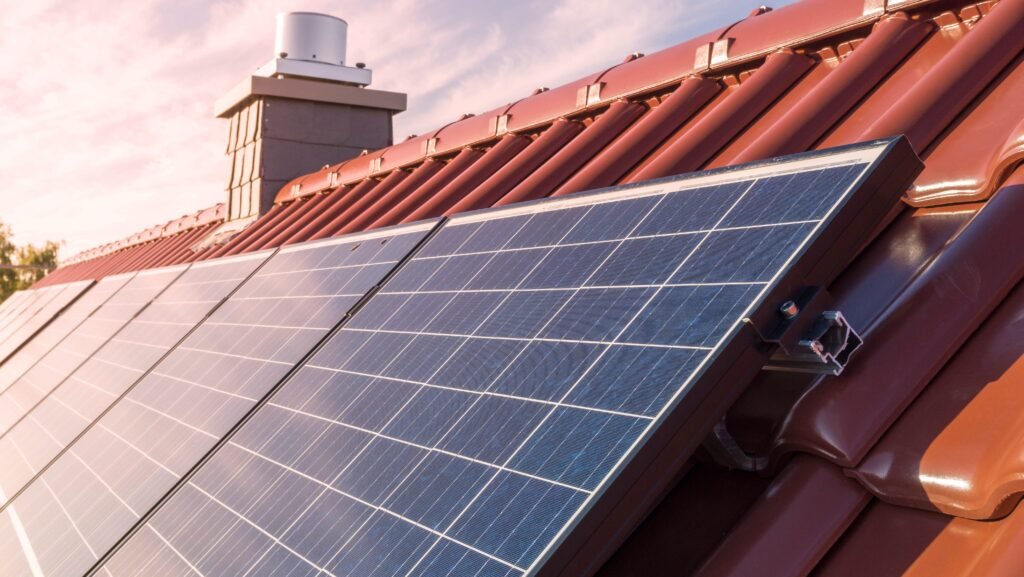Biden Administration’s Solar Grant Faced Cancellation
Last year, the Biden administration allocated $7 billion in federal grants aimed at helping around 900,000 low-income families install solar panels, all in an effort to encourage green energy use and lessen energy expenses. But, last month, the Trump administration canceled these grants which were distributed from state agencies to nonprofits and Native American tribes, leaving many projects in limbo for those involved.
Among the recipients is the Southeastern Rural Power Coalition, a group focused on enhancing local energy resilience. GroundSwell, a nonprofit organization, supports this coalition. Initially, they received a five-year, $156 million contract through the EPA as part of the solar initiative, with funds allocated to ten local solar and energy storage projects across seven southeastern states, including ongoing efforts in Huntsville and Lanett, Alabama.
APR conversed with GroundSwell’s CEO, Michelle Moore, about the implications of the Trump administration’s cancellation and the future of these projects. “The projects are really in limbo,” Moore noted. “We have a legally binding contract here, and we’re questioning why that’s being disregarded.”
Moore expressed hope that the federal government would honor its commitment to Alabama and the surrounding communities. “We’re still holding onto that hope, especially for projects like the Shovel Lady Project, which was waiting for its contract to be finalized. We haven’t lost faith, but we’re also exploring other ways to implement these initiatives since our region really needs more power,” she added.
As for community reactions in Huntsville and Lanett, Moore described a sense of “immense frustration.” She mentioned that electricity costs have surged nearly 10% since the year began, influenced by a variety of factors, including rising rates.
“The US doesn’t have sufficient power to satisfy all these demands, particularly for online data centers. What happens when the external demand outstrips what’s available?” she questioned. “Locals have voiced their concerns, especially since President Trump had promised to cut electricity bills significantly during his tenure. Instead, bills have gone up, despite this initiative aimed at boosting energy capacity and reducing costs.”
Moore highlighted that the project isn’t just cost-efficient; it’s critical for communities that struggle with power shortages. “The prices we found for these projects are incredible. We’ve seen installation rates as low as $1.80 per watt, which is competitive,” she remarked. “It’s clear this generation is both cost-effective and will provide much-needed resources at the local distribution level.”
She emphasized that utilities are strategically choosing locations for these projects. “These solar installations are placed where they’re wanted, not in areas where people oppose them,” she added.
GroundSwell reports that the projects in Huntsville and Lanett are set to deliver 1.95 megawatts of energy to 361 families in Alabama, potentially saving each household about $1,170 annually— totaling nearly $8.5 million over two decades.
While GroundSwell continues to pursue support from the EPA, other grant recipients are turning to federal courts as a last chance to sustain their projects, arguing that the withdrawal of funds is unlawful. Although a recent federal appeals court upheld the termination of the contract, further lawsuits are anticipated.
“We’re holding our ground,” Moore asserted. “We haven’t given up on this yet.”







